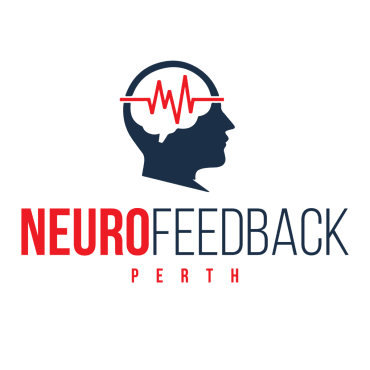How To Optimise Your Brain
The brain is a wondrous and complex organ. It regulates every aspect of the body and cognitive performance including movement, impulse control, reasoning, memory and breathing - just to name a few!
In order to obtain optimal wellness and a high quality of life, we must nurture our brains and live in a way that optimizes brain function. A variety of natural approaches exist to help accomplish this goal.
1. Get positive
Start the day with a mantra such as "Today is going to be the best day ever!" or “What good shall I do today?"
Positive thinking helps manage stress and can improve your health. These words can put you in the right mindset for the day ahead. But what makes a day good or bad isn't the events that occur, but rather your response to them.
2. Mentally prepare and visualize your success
Practicing visualisation ten minutes a day can harness the power of your subconscious mind. Simply close your eyes and imagine yourself excelling and being the best you. Put yourself in situations where you shine, visualizing the best possible outcome. Include as much detail in your visualizations as possible, using all of your senses and making your "training" even more powerful.
For people who have trouble closing their eyes and "seeing anything," use a pen and paper and writing out how you want your day to unfold. Be as specific as possible, and be sure to keep it positive.
The purpose of all of this is to pass command from your conscious mind to your subconscious mind. Your subconscious mind wants to believe what you tell it (good or bad) and it will do whatever it takes to turn those commands into reality.
4. Read a book - even if it's just a page a day
Reading can boost your intelligence, increase your brainpower and even strengthen your ability to empathize with other people. Reading has also been found to reduce your risk of Alzheimer's by more than double - all this while helping you feel more relaxed at the same time!
5. Eat a plant-based diet with lots of antioxidants and omega-3 fatty acids
Eating too much sugary, highly processed food is bad for the body and the brain. It can alter blood flow to the brain and impair cognition. This is one reason why diabetes is a risk factor for cognitive dysfunction. Our brains need glucose to function and more natural whole foods provide a slower and more constant source of fuel.
Antioxidants can be easily added to the diet by consuming a variety of fresh fruits and vegetables, legumes, whole grains and green tea.
Omega-3 fatty acids are healthy fats that are positively associated with brain function. Experts believe omega-3s improve the health of brain cell membranes, allowing greater communication between cells. In fact, deficiencies in omega-3s have been linked to increased risk of various disorders including ADHD, dyslexia and depression. Foods that contain omega-3s include walnuts, flax seed, kiwi fruit, salmon and other oily fish.
6. Practice stress management
Stress results in the release of the hormone cortisol. Cortisol causes inflammation and has been shown to be toxic to the nerve cells in the brain and can kill brain cells and cause memory loss. Chronic stress may also deplete the body of nutrients that are critical to brain health.
Many relaxation techniques and coping strategies are available to counteract the negative impact of stress. Consider trying yoga, meditation, or deep breathing techniques. Meditation offers a brain boost. In addition to lowering stress, it has been shown to increase cerebral blood flow and activate certain parts of the brain to improve concentration, focus and mood.
7. Exercise
Consistent exercise can generate new cells and blood vessels in the brain, and increase the brain’s volume principally in the frontal and temporal areas involved in executive control such as planning and working memory.
8. Make sleep a priority
Sleep is necessary for our nervous systems to work properly. It gives us “downtime” for growth and repair. Studies indicate that many of the body’s cells show increased production and reduced breakdown of proteins during sleep.
9. Be purposeful and connected
Get together with your friends and do something meaningful. People who have a rich social network and who have a clear purpose in life have been shown to have a decreased instance of Alzheimer’s. The key is to increase the frequency of positive experiences. Enjoying pleasurable activities, doing something that seems to make time stand still, spending time with loved ones, pursuing meaning in its many forms, and celebrating accomplishments stimulate the activity in your left prefrontal cortex.
10. Train your brain with NeurOptimal
NeurOptimal is the feedback that can tell your brain everything it needs to know about its behaviour. If a meditation session gives your brain a dozen insights about its behaviour, NeurOptimal gives the brain 250 signals per second! It is the fastest and most effective form of feedback for the brain.
Basically neurofeedback provides a mirror to the brain to how it should work more optimally. It gives it the information it needs to perform at a more optimal level. One analogy is if you see yourself in the mirror and you’re slouching, you immediately straighten up. That’s what your brain does with neurofeedback, it auto corrects itself.
So start exercising your brain so it can function optimally. It can change your life in amazingly smart ways!
Contact me at Neurofeedback Perth on 0402041561 or neurofeedbackperth@gmail.com if you would like further information of how to optimise the power of your mind, body, spirit and life.

